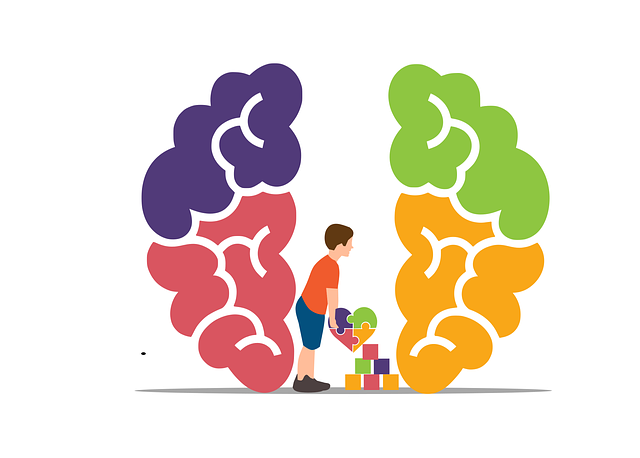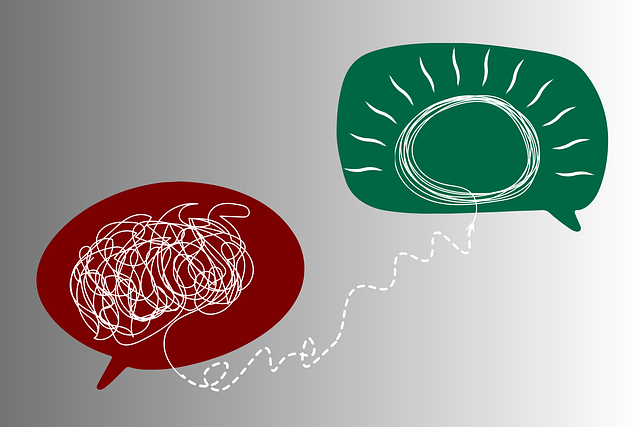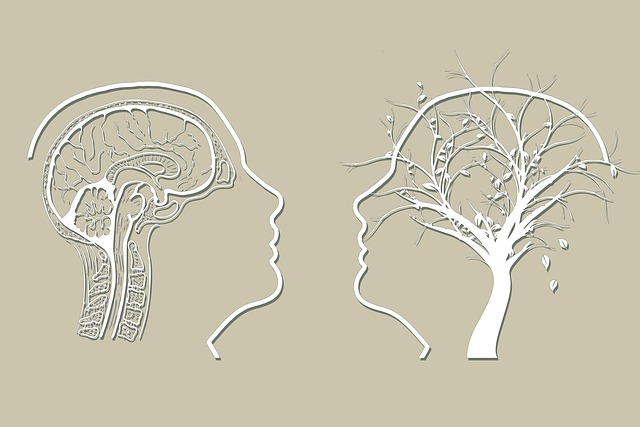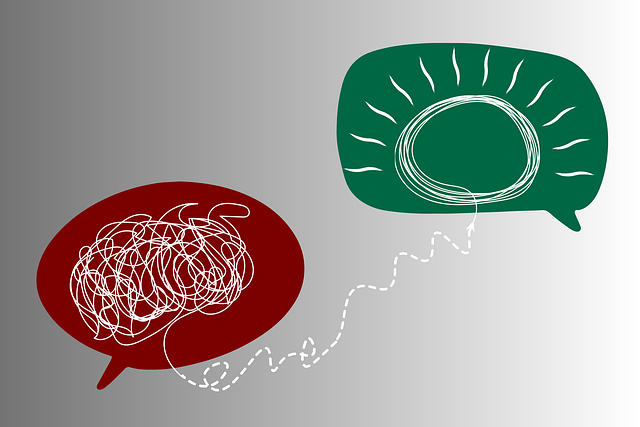Упражнения на позитивное мышление представляют собой эффективную терапию для русскоязычных детей, укрепляющую оптимизм, эмоциональную устойчивость и навыки регулирования эмоций. Этот подход, адаптированный к их культурному контексту, помогает снизить риск депрессии или тревоги в раннем возрасте, обучая детей конструктивно воспринимать негативные эмоции. Специалисты могут использовать игры и истории, связанные с местными традициями, для улучшения психического здоровья детей и снижения стресса у медицинских работников. Несмотря на языковые барьеры и прошлые переживания, терпение и индивидуальные стратегии необходимы для успешного внедрения методов управления настроением в этой демографической группе.
Positive thinking exercises have emerged as a powerful therapy for children, offering a holistic approach to mental well-being. This article explores the transformative impact of cultivating optimism on young minds, with a specific focus on its application in a Russian-speaking environment. We delve into practical strategies for implementation and discuss the numerous benefits while addressing potential challenges. By understanding how positive thinking can be tailored to meet the unique needs of children in diverse cultural settings, therapists can enhance the effectiveness of therapy for this vulnerable population.
- Understanding Positive Thinking and Its Impact on Children
- Implementing Positive Thinking Exercises in a Russian-Speaking Environment
- Benefits and Potential Challenges of Using Positive Thinking as Therapy for Children
Understanding Positive Thinking and Its Impact on Children

Positive thinking is a powerful tool that can significantly shape a child’s mental health and overall well-being. For Russian-speaking children, incorporating positive thinking exercises into their daily routines can be a beneficial therapy approach. This strategy aims to cultivate optimism, resilience, and emotional regulation, which are essential for navigating life’s challenges. By encouraging a positive mindset, kids can improve their coping mechanisms, boost self-esteem, and enhance problem-solving skills, ultimately reducing the risk of developing depression or anxiety at an early age.
Incorporating positive thinking into children’s lives does not mean ignoring negative emotions but rather teaching them to reframe and respond to these feelings constructively. For example, when faced with a challenging situation, a child can be guided to identify the positive aspects, such as learning opportunities or the chance to build strength. This practice supports trauma support services by fostering adaptability and emotional recovery. Russian-speaking communities can greatly benefit from these techniques, offering a unique approach to depression prevention and anxiety relief tailored to their cultural context.
Implementing Positive Thinking Exercises in a Russian-Speaking Environment

В российоязычной среде внедрение упражнений на позитивное мышление может стать эффективным инструментом в терапии для детей. Многие культурные аспекты и особенности языка требуют адаптации традиционных методов к конкретным потребностям и восприятию русскоязычных пациентов. Специалисты по психическому здоровью могут использовать творческий подход, интегрируя элементы позитивной психологии в ежедневную практику, особенно при работе с детьми.
При разработке терапии для детей на русском языке важно учитывать их возрастные особенности и культурные реалии. Например, можно создавать интерактивные игры и истории, которые будут способствовать развитию позитивного отношения к жизни. Такие упражнения помогут детям научиться распознавать и выражать свои эмоции, а также развить навыки решения проблем. Кроме того, адаптация методов для русскоязычной аудитории может включать использование местных традиций и символов, что сделает терапевтический процесс более доступным и интересным для детей. Это, в свою очередь, может стать частью Burnout Prevention Strategies for Healthcare Providers, так как позитивные методы могут повысить не только mental wellness у детей, но и снизить стрессовые уровни у специалистов, работающих с ними.
Benefits and Potential Challenges of Using Positive Thinking as Therapy for Children

Using positive thinking as therapy for children offers a promising approach to promoting emotional well-being and fostering mental resilience. By incorporating Mind Over Matter principles, this method aims to help young individuals cultivate optimistic perspectives, enhancing their ability to navigate life’s challenges. Emotional well-being promotion techniques based on positive thinking can empower kids to better manage their moods, increase self-esteem, and develop effective coping strategies.
However, potential challenges exist when implementing this therapy for Russian-speaking children. Language barriers may complicate the transmission of concepts, requiring creative solutions like using native language resources or culturally sensitive approaches. Additionally, some children might struggle with initially adopting positive thinking due to past experiences or deep-rooted negative thought patterns. Therefore, patience and tailored strategies are essential to overcome these hurdles and ensure the successful application of mood management techniques through positive thinking in this demographic.
Positive thinking exercises, tailored specifically for a Russian-speaking environment, offer a promising therapy for children. By understanding the power of positive mindset and its impact on youth development, we can create supportive spaces that foster resilience and well-being. While challenges may arise in implementation, the benefits are profound, enabling children to navigate life’s complexities with enhanced emotional intelligence and optimism. For parents, educators, and therapists working with Russian-speaking children, integrating these exercises into daily routines can be a game-changer, revolutionizing how we approach mental health support for this diverse population.














